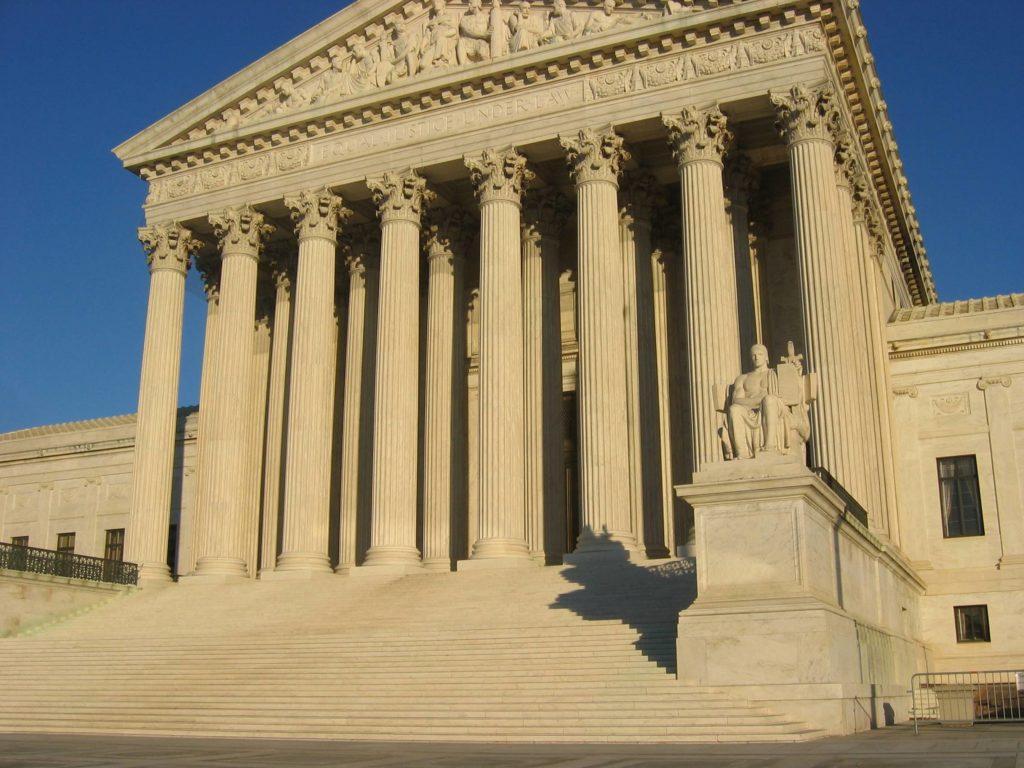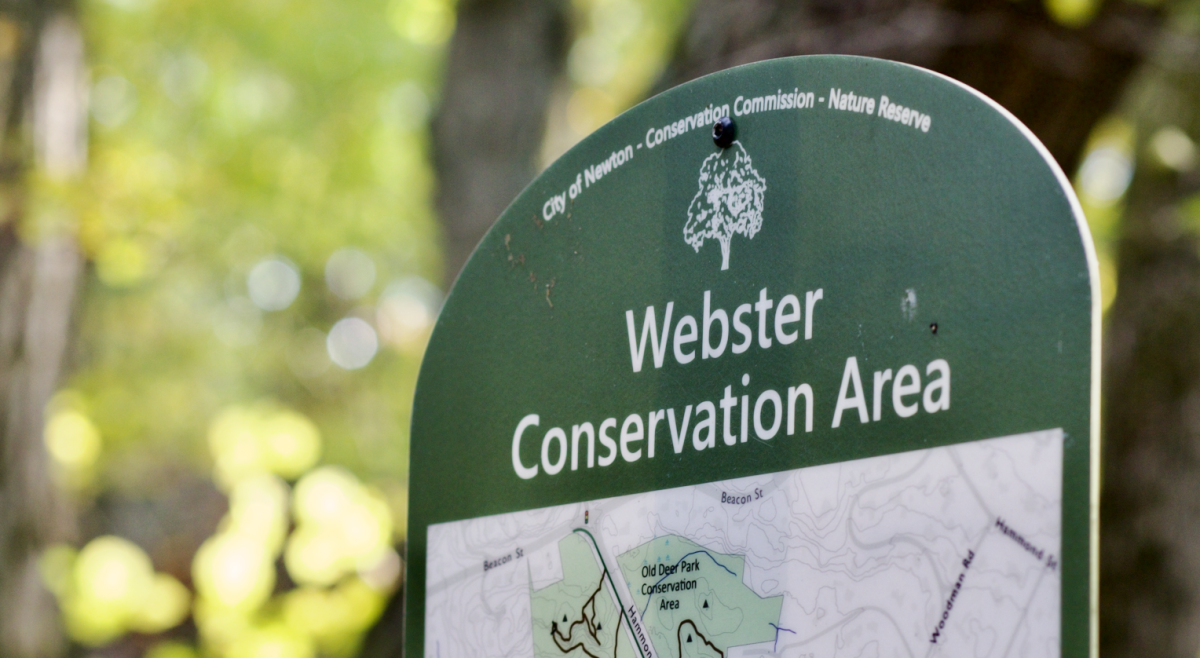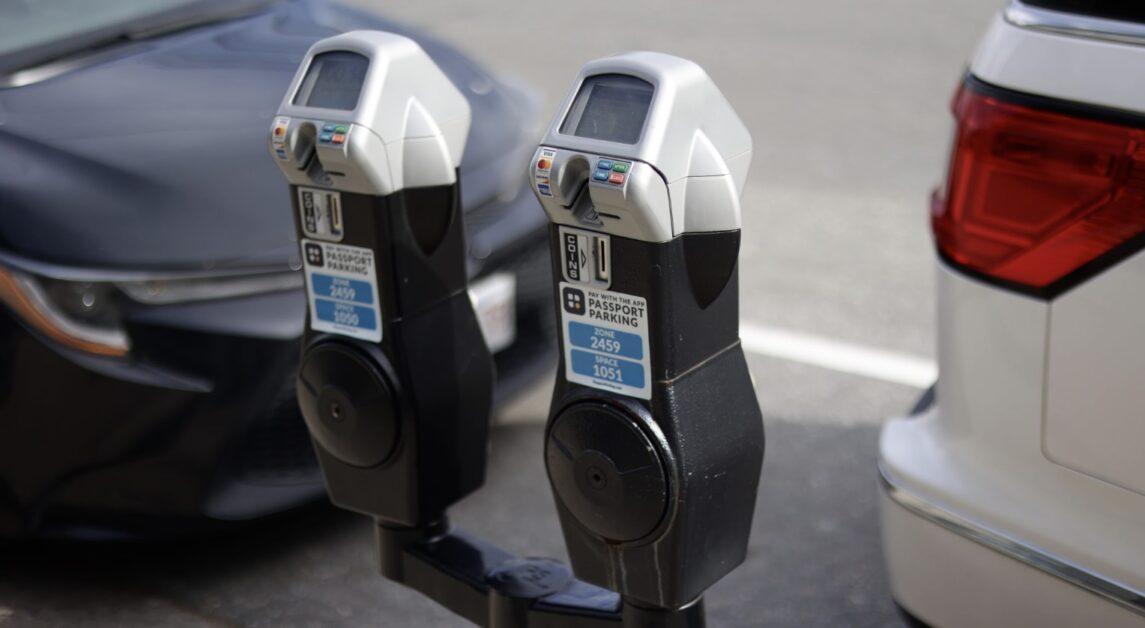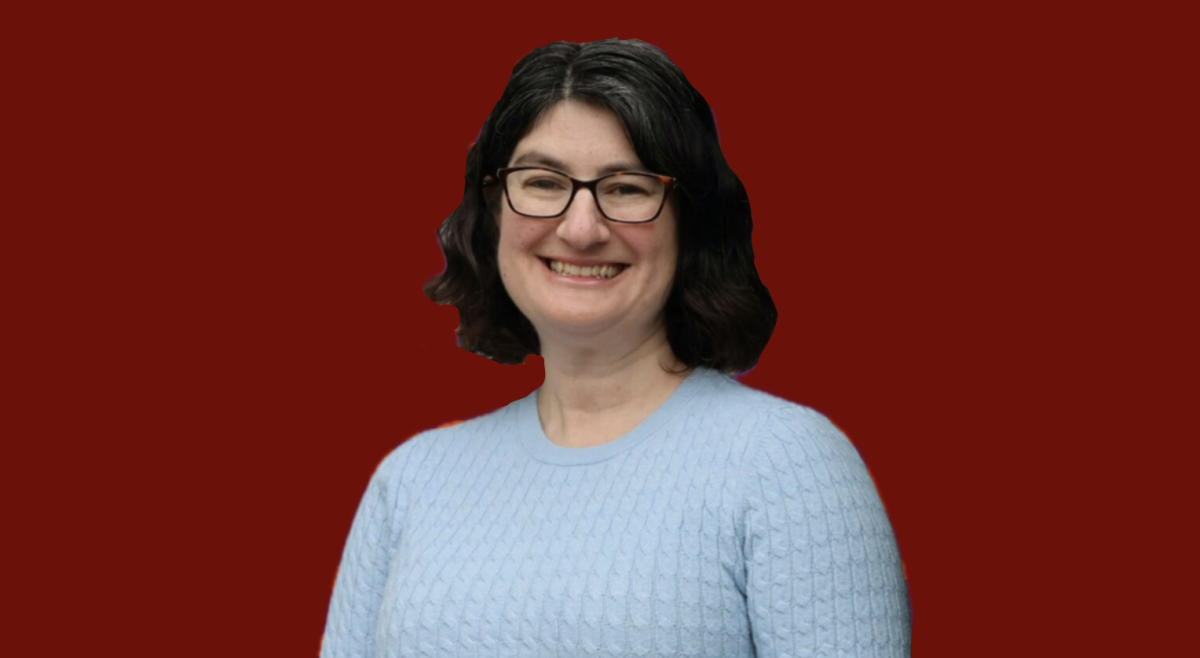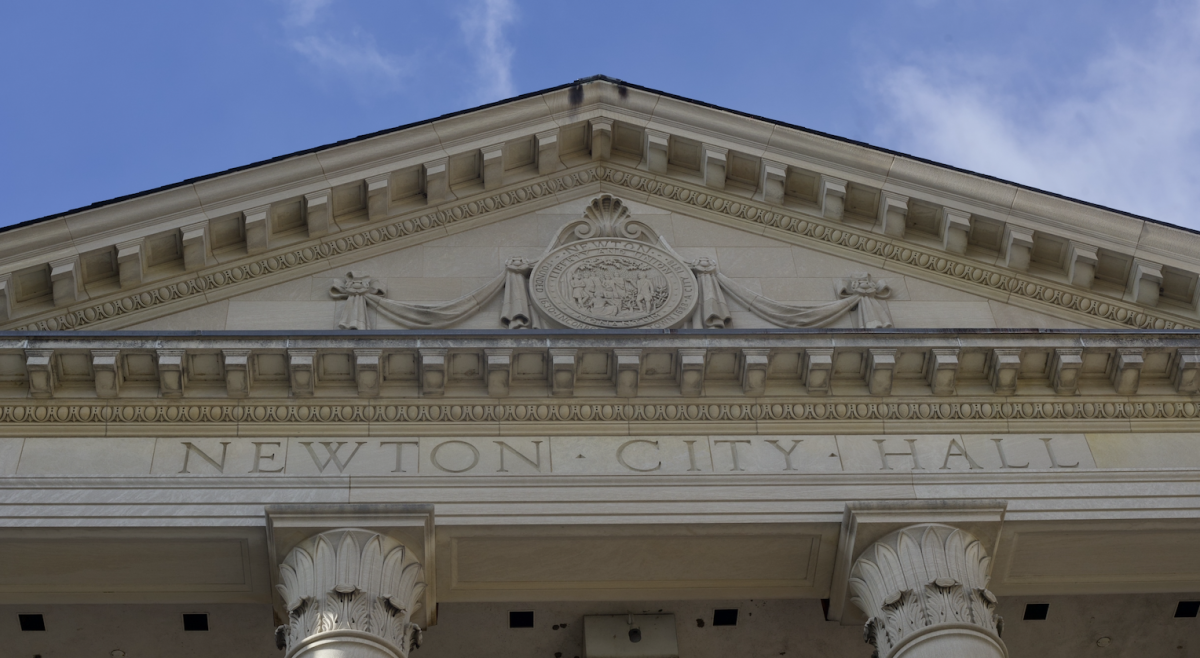Question 2 on the 2018 Massachusetts ballot asks voters to decide if corporations have the same constitutional right to free speech as individuals.
The question is being posed in response to the 2010 Supreme Court case Citizens United v. Federal Election Commission, in which the court ruled that corporations have a constitutional right to exercise free speech and therefore possess the right to make campaign donations.
If passed, Question 2 will create a 15-person volunteer citizen commission composed of Massachusetts residents, whose main function would be to research and recommend plans for introducing a new constitutional amendment that would effectively overturn Citizens United v. FEC and limit the influence of concentrated money in government. As a means of accomplishing this task, the committee would produce a report detailing its proposed amendment as well as the effects of political spending in Massachusetts, the ways in which the state cannot regulate corporations, and an analysis of already introduced constitutional amendments concerned with overturning Citizens United v. FEC.
Advocates for voting yes on Question 2 highlight it as an opportunity to decrease the power and influence of money in Congress. One such proponent is Wambui Gatheru, the citizen empowerment coordinator at American Promise Initiative, an organization dedicated to the passage of a constitutional amendment overturning the Citizens United v. FEC decision.
“Money in politics affects so many policies, and voting yes on Question 2 will let Congress know that this is something people are fed up about and will let the country know that money has no place in politics,” Gatheru said.
In this way, Question 2 “could be the solution to end a lot of the problems that people care about, from environmental control to gun violence to the opioid crisis” as it will empower the individual instead of corporations, according to Gatheru.
Gatheru also emphasized the relevance of this issue to college students, as Question 2 is related to the debt crisis of students across the country.
“The debt lenders are banking on the fact that they are able to prey on college students and keep them in debt for a long time,” Gatheru said. “There’s not a lot of policy being made to rectify that, because those big lenders have the pockets of a lot of these politicians. Voting yes on this question would allow us to make headway on big problems like this that people care about.”
Yet, those opposed to Question 2, such as Paul Craney, the spokesperson for Massachusetts Fiscal Alliance, raised concerns about both the immediate and long-term consequences of the proposed law. For example, Craney pointed out the ambiguity of some of the fiscal consequences of enacting Question 2.
“I’ve heard proponents say that it’s at no cost to the taxpayers, but there are a lot of logistical problems whenever you incorporate elected officials and their surrogates,” he said. “The question is where are these meetings going to the held? Will they be held at the statehouse? Will the commission have to request some type of state funding to be held at the statehouse? There are logistical issues that have not even been thought about that will have to be addressed.”
Craney also raised concerns about the commission’s role in determining who possesses the right to free speech.
“If these elected officials are able to use their surrogates to use the proposed amendment to the Constitution to silence members of the opposition and opposing views, then that’s going to become very political very quickly,” he said. “This proposed commission and the amendment being pushed by advocates would empower elected officials to come up with a way to regulate speech, and that’s problematic.”
Photo Courtesy of Wikimedia Commons

